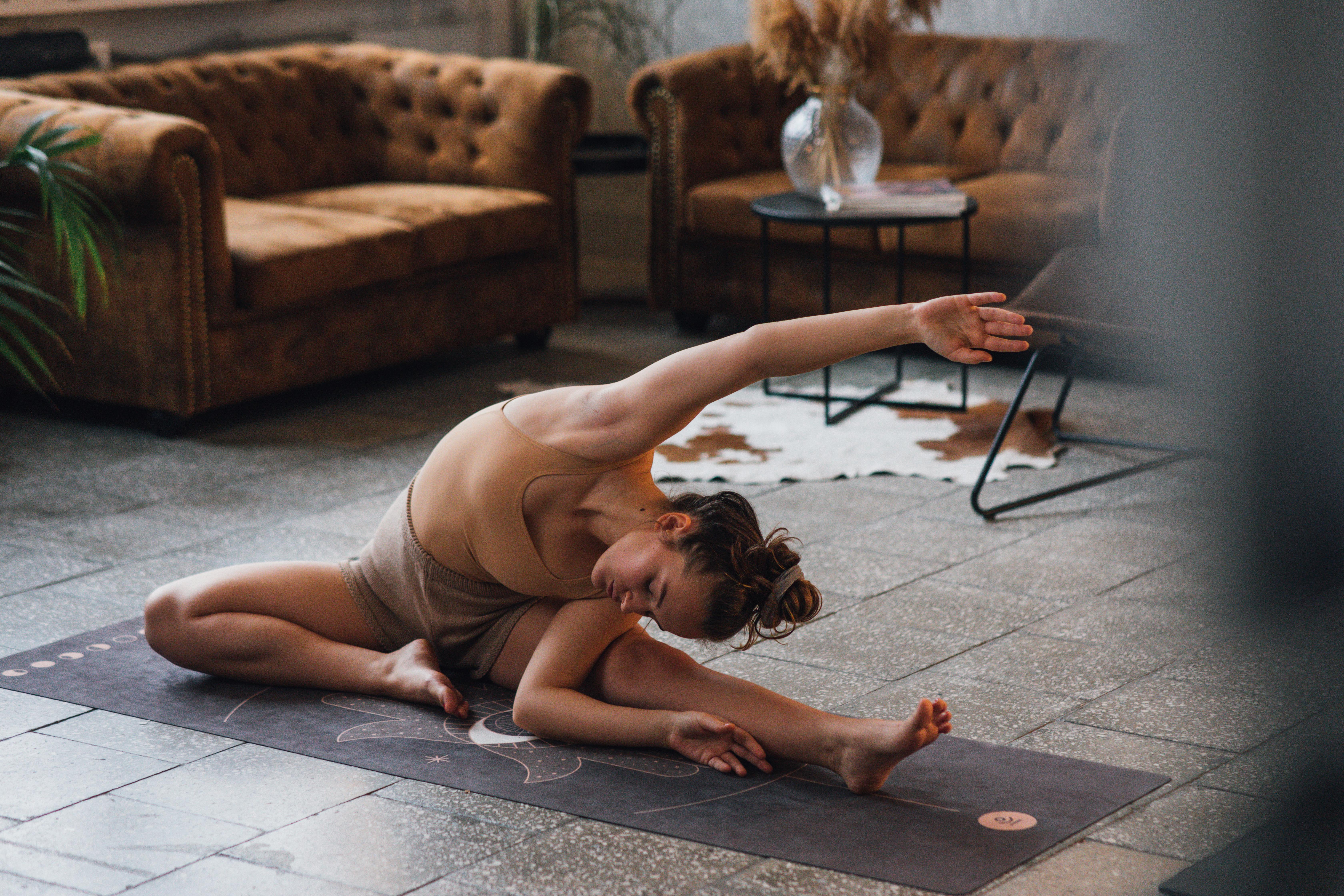Are Splits Mandatory in Pro Cheerleading? What You Need to Know

When most people picture professional cheerleaders, they imagine high kicks, dazzling tumbling passes, and perfect splits. While the image of dropping into a flawless split is iconic, the reality is more nuanced. Splits are a valuable skill, but whether they are truly mandatory depends on the team, the style of choreography, and the level of competition.
Why Splits Are Valued
Splits demonstrate flexibility, strength, and performance polish—all qualities that make routines stand out on the field or court. They also signal discipline and athleticism, showing coaches and judges that a dancer can handle physically demanding choreography. For pro cheerleading teams, where visual precision is key, splits add drama and sharpness to a performance.
Many squads still expect splits to be part of a cheerleader’s skill set because they often appear in kicklines, floor choreography, or show-stopping transitions. Even if not performed in every routine, the ability to drop into a clean split gives coaches more options when designing formations and highlight moments.
Team Standards Matter
Not every professional cheerleading team requires splits. Some prioritize strong technical dance training, power moves, or performance energy over extreme flexibility. Teams connected to specific sports leagues may have their own traditions and styles. For example, NFL and NBA cheerleading squads often vary—one team might showcase more jazz and pom choreography where splits are common, while another emphasizes hip-hop or contemporary movement where they are less central.
Audition requirements usually make these expectations clear. Some teams specifically list splits, high kicks, or flexibility moves as part of the audition process. Others may not, focusing instead on rhythm, stage presence, or stamina. For dancers aspiring to join a particular squad, researching the team’s style and watching past performances is key to knowing whether splits will give you an edge.
Training Flexibility the Smart Way

Even if a team doesn’t require splits, developing flexibility is never wasted effort. Splits training strengthens hip flexors, hamstrings, and core muscles, which also supports safer jumps, higher kicks, and smoother transitions. Consistency matters more than forcing depth—gradual stretching paired with strength work is what creates sustainable flexibility.
For dancers who struggle with splits, working toward progress still shows coaches dedication and a growth mindset. Many teams value versatility and commitment just as much as raw skill.
Read more: How Long Does It Take to Improve Flexibility?
Final Thoughts
So, are splits mandatory in pro cheerleading? Not always. Some teams make them a core requirement, while others leave room for different strengths. Still, having the ability to do a split can set you apart during auditions and give you more versatility in routines.
For dancers chasing a spot on a pro cheerleading team, the best strategy is to train broadly: keep flexibility as a goal, build strength and endurance, and study the unique style of the team you want to join. Splits might not make or break your chances everywhere, but being ready for them ensures you’re never caught off guard when they are.
Need a Great Workout Routine for Your Pro Cheer Audition Prep?
Pro cheerleaders stay fit, flexible, and strong so they can give out their best performance in the arena. However, achieving that wow-worthy, toned physique doesn’t happen overnight. You need to arm yourself with the right daily workouts.
Thinking of becoming a pro cheerleader?
We are offering you our fun, FREE (for a LIMITED time) POM FIT™ INTRO CLASS that teaches you beginner-friendly cardio moves.
To take your cheerleading fitness to the next level, we also have POM FIT™: GAMEDAY1™ - a series of challenging full-body cardio classes that include a body stretch class, kick stretch class, abdominal workout class, and more.
Join a POM FIT™ class below:
POM FIT™ INTRO CLASS (Free for a LIMITED time)


